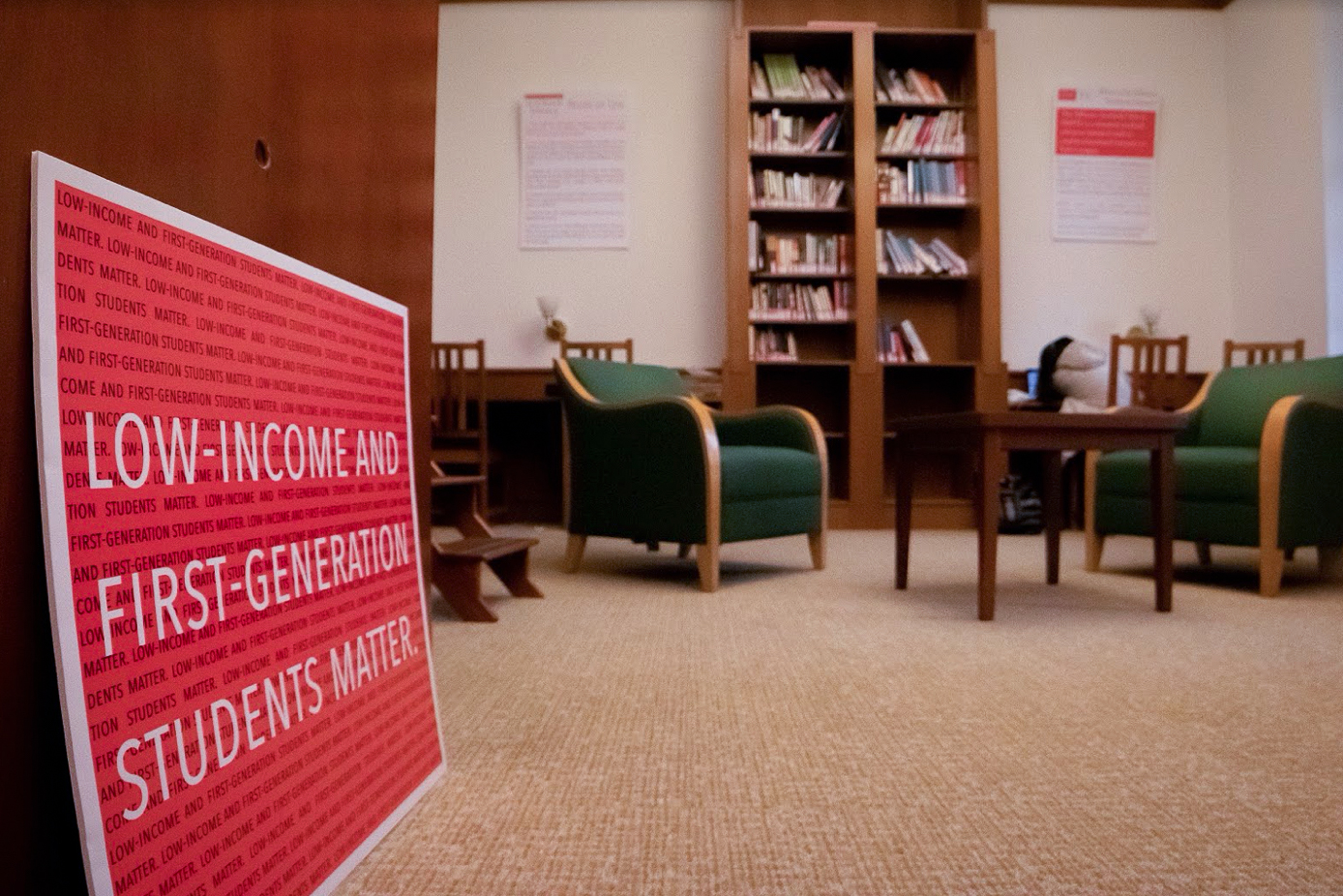
Marisa Peryer, Staff Photographer
First-generation, low-income student advocates from the Yale First-Gen and/or Low-income Advocacy Movement and Yale’s QuestBridge chapter formally launched a mentorship program during a Tuesday evening virtual kickoff event.
Around 80 students and faculty members participated in small group conversations centered around the FGLI college experience. The program was conceived as an opportunity for FGLI students to build relationships with faculty members who can relate to their backgrounds.
Discussions between student advocates and the Yale College Dean’s Office about establishing a mentorship program began as early as last winter, resulting in a survey sent by Dean of Yale College Marvin Chun in February of last year in which over a hundred faculty members indicated that they identified as FGLI themselves.
“I personally have had a hard time networking, which is why I’m very passionate about doing this, because it could give the FGLI community a new platform,” said Faiad Alam ’23, a member of YFAM who helped organize the initiative.
Although in-person mixers were canceled due to the pandemic, an FGLI faculty panel discussion featuring four FGLI faculty members representing different departments was held in December.
In preparation for the Tuesday launch of the mentorship initiative, interested faculty members and students alike filled out an intake survey that helped determine pairings by academic interest, hometown and the kind of academic support sought by different students.
Taylor Chapman ’22, the co-president of Yale’s QuestBridge chapter, said that the mentorship program not only provides students with a mentorship and support network, but that it also strengthens the FGLI community among faculty members.
After Chapman and other student organizers introduced the initiative, students and faculty members who were paired together were split off into different Zoom rooms.
Organizers said that they hoped mentor-student relationships would grow organically, though another virtual event for the entire cohort — around 80 registered students, including matriculated pre-frosh and nearly 40 faculty members — will take place toward the end of the term.
One matriculated student — Ethan Estrada ’25 — said that joining the mentorship program has given him an inclusive and affirming space while he begins to navigate a confusing journey at Yale.
“Faculty members often have a specific interest to support FGLI students, especially when they come from an FGLI background and benefited from caring mentors when they were students at Yale or other institutions,” Chun said. “It was clear that there was a really strong interest out there, but [students and faculty] didn’t know how to meet each other — having an FGLI background is not listed in your title.”
Rebekah Westphal, director of the Office of Fellowship Programs and an assistant dean of Yale College, said that she attended college on a full financial aid package and supported herself with several jobs. Westphal is participating in the initiative as a faculty mentor.
“I’m excited to meet students and help them navigate some of the great resources available at Yale like fellowship funding, career advice and so forth,” Westphal wrote in an email to the News. “There were moments where I wasn’t able to do things that other students could do, but finding ways to work and to manage my summers and breaks effectively worked out for me.”
Karen Li ’23, who formerly served as the president of YFAM, said that she hoped that in the future, the mentorship initiative could involve in-person events funded by the Yale College Dean’s Office.
Around one in six Yale students self-identify as first-generation and/or low-income.
Emily Tian | emily.tian@yale.edu










